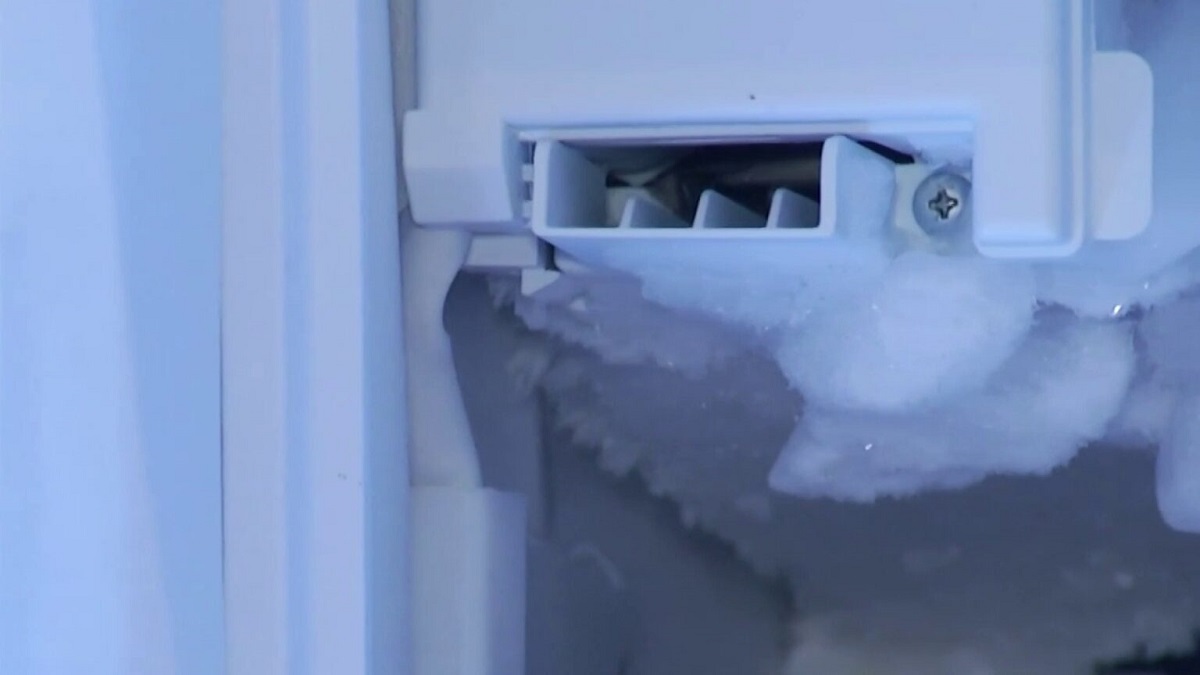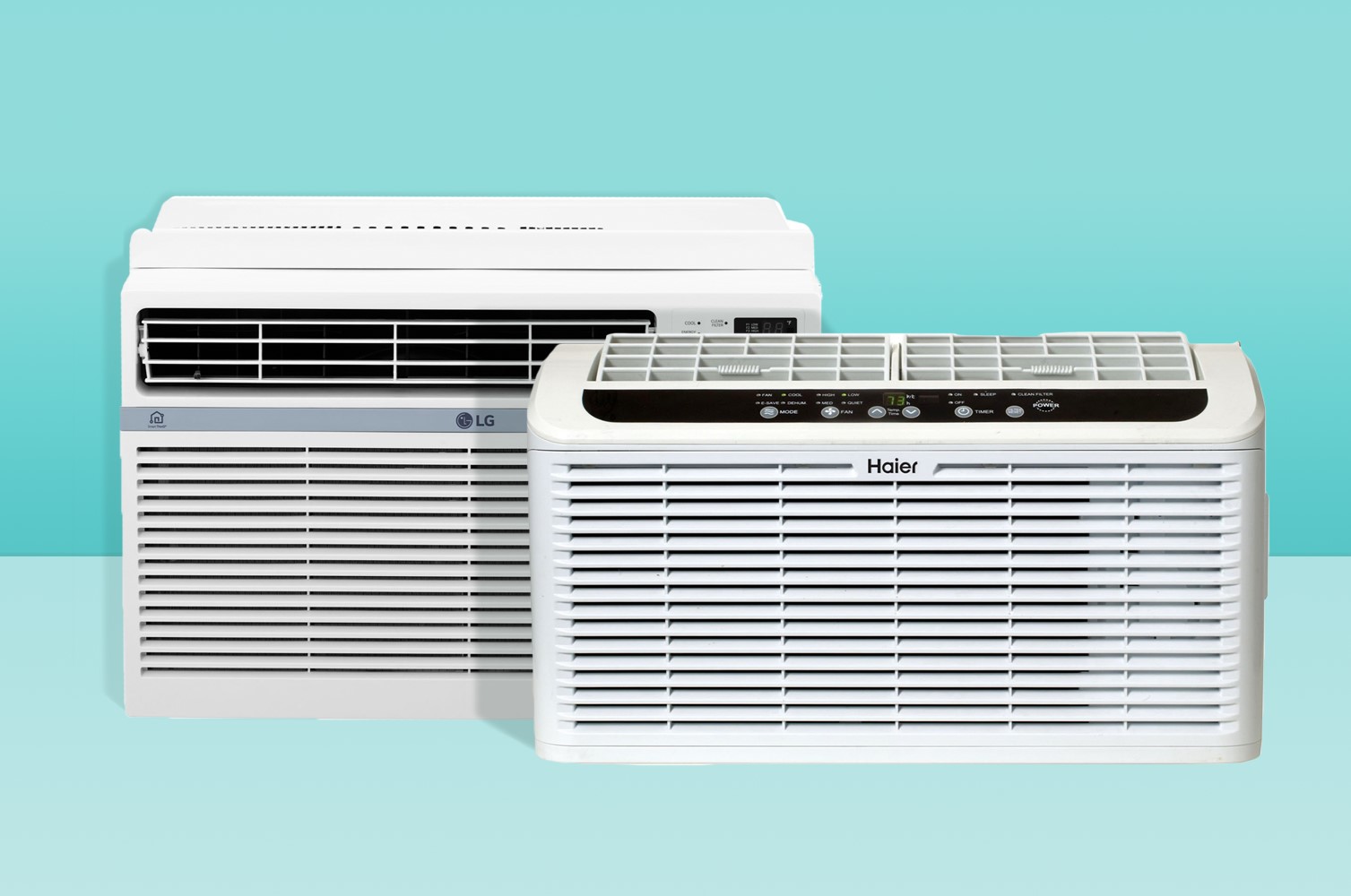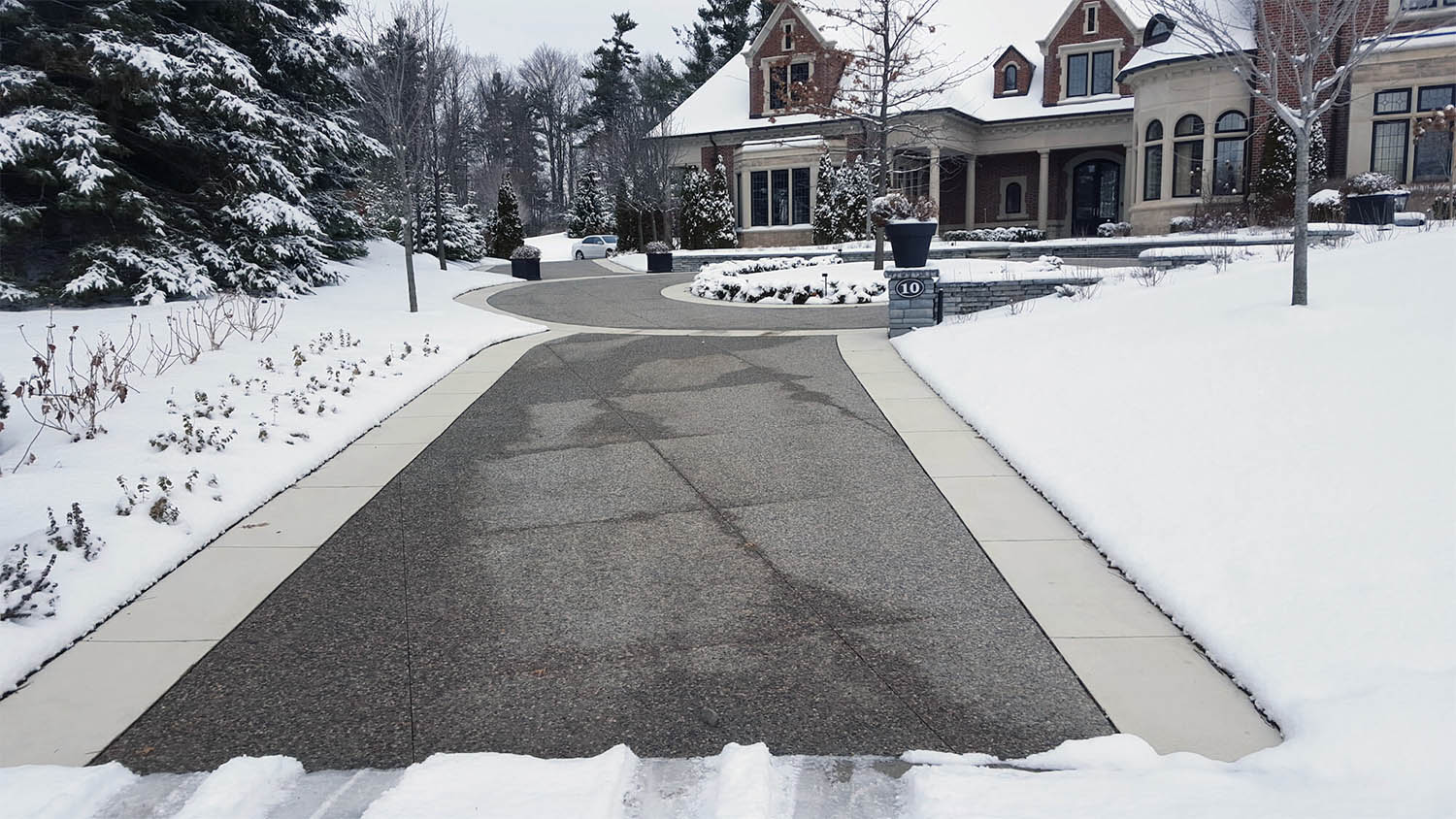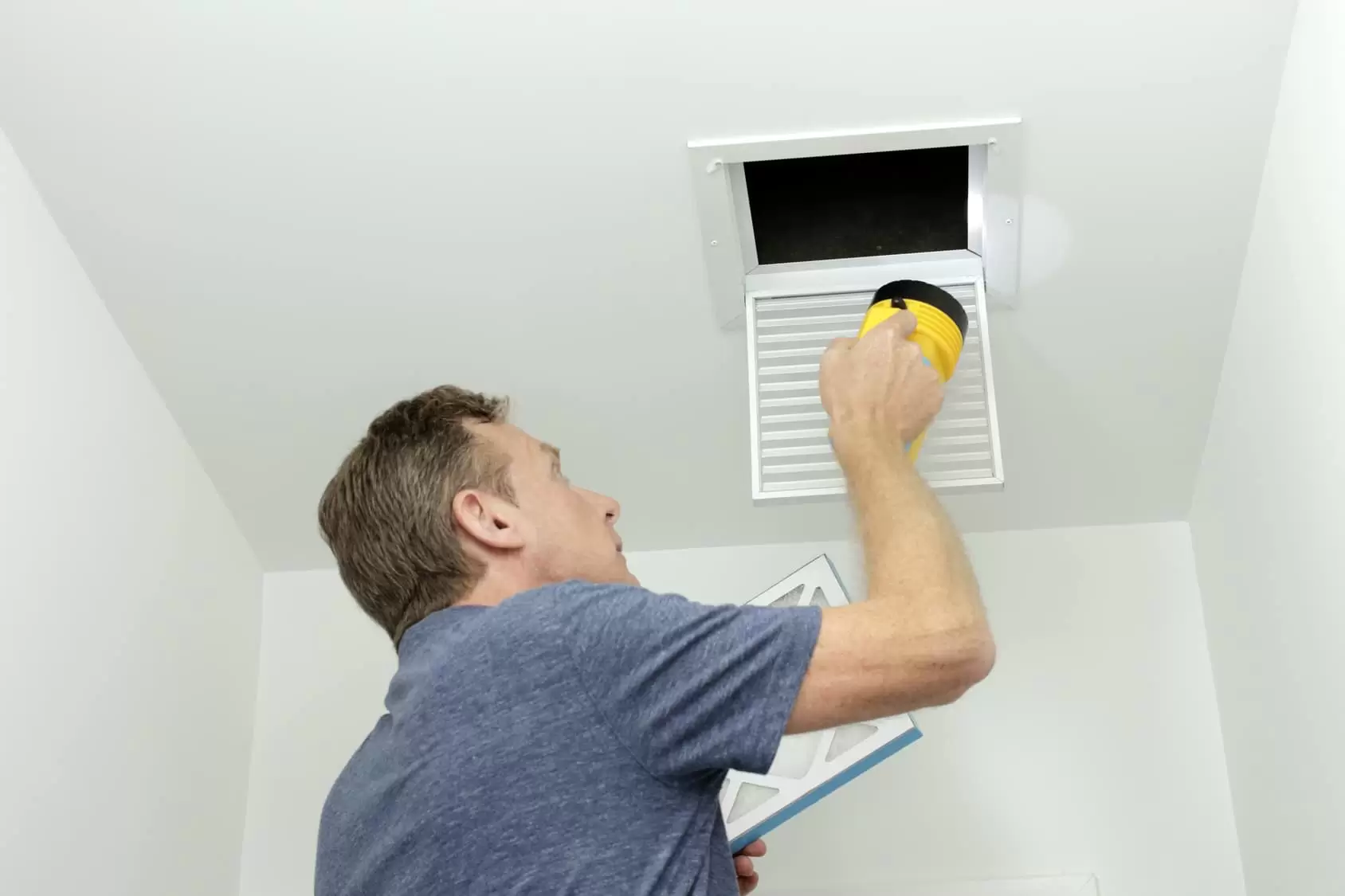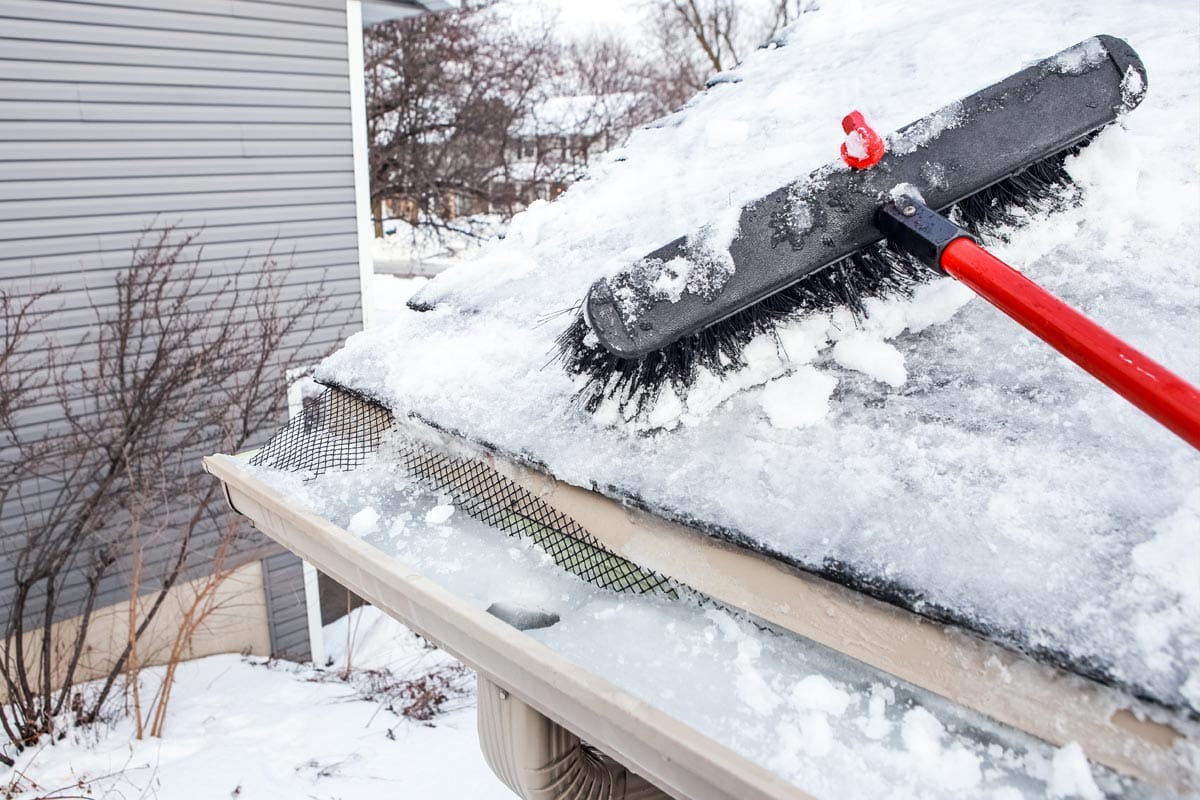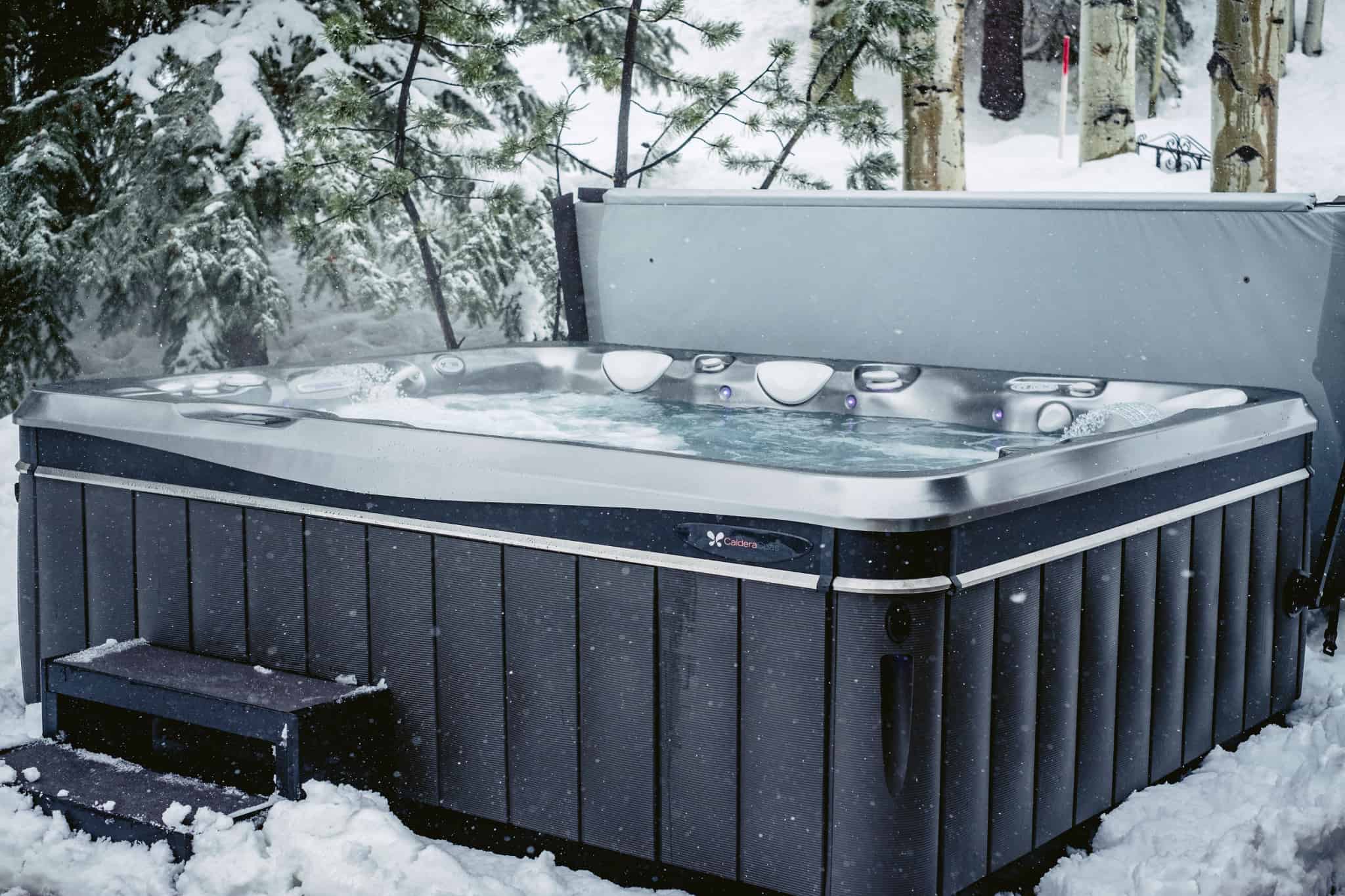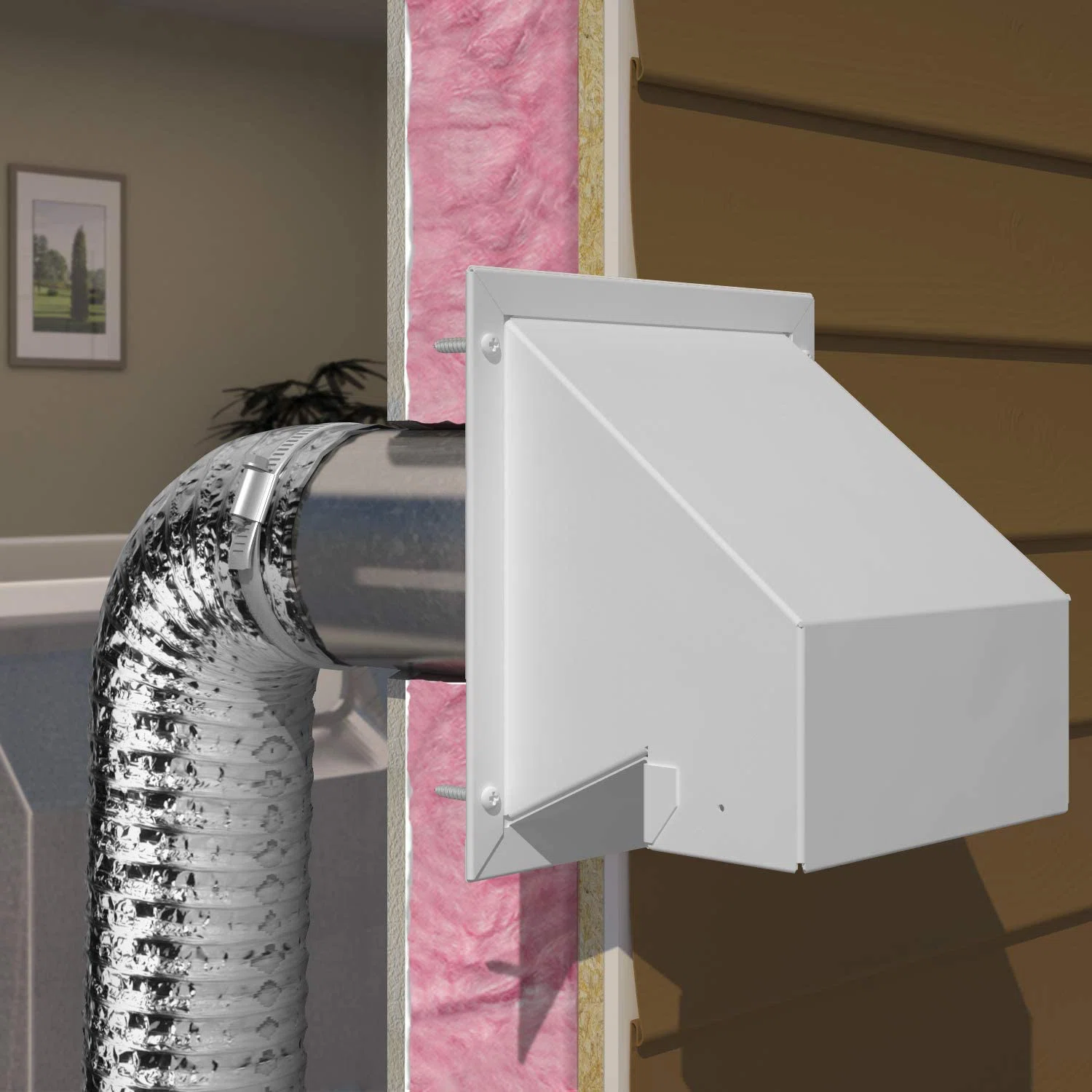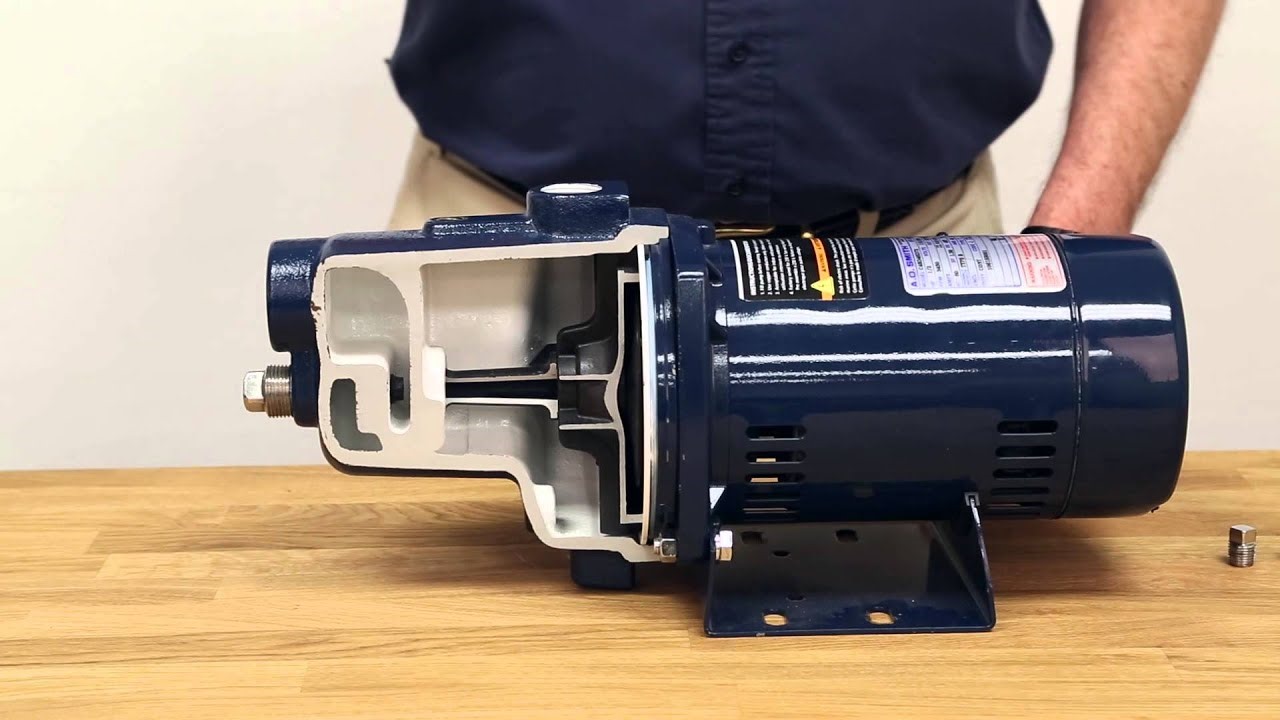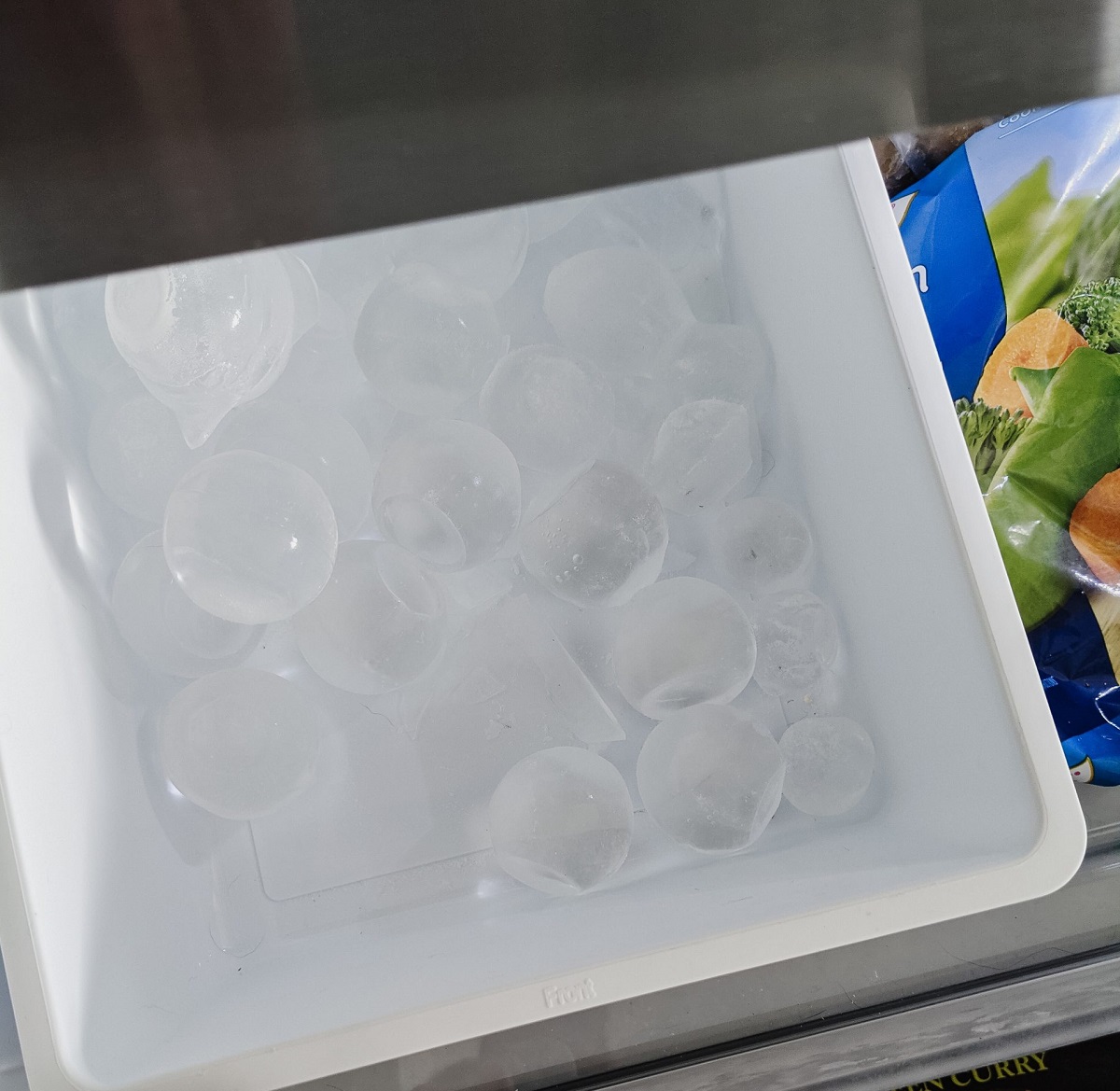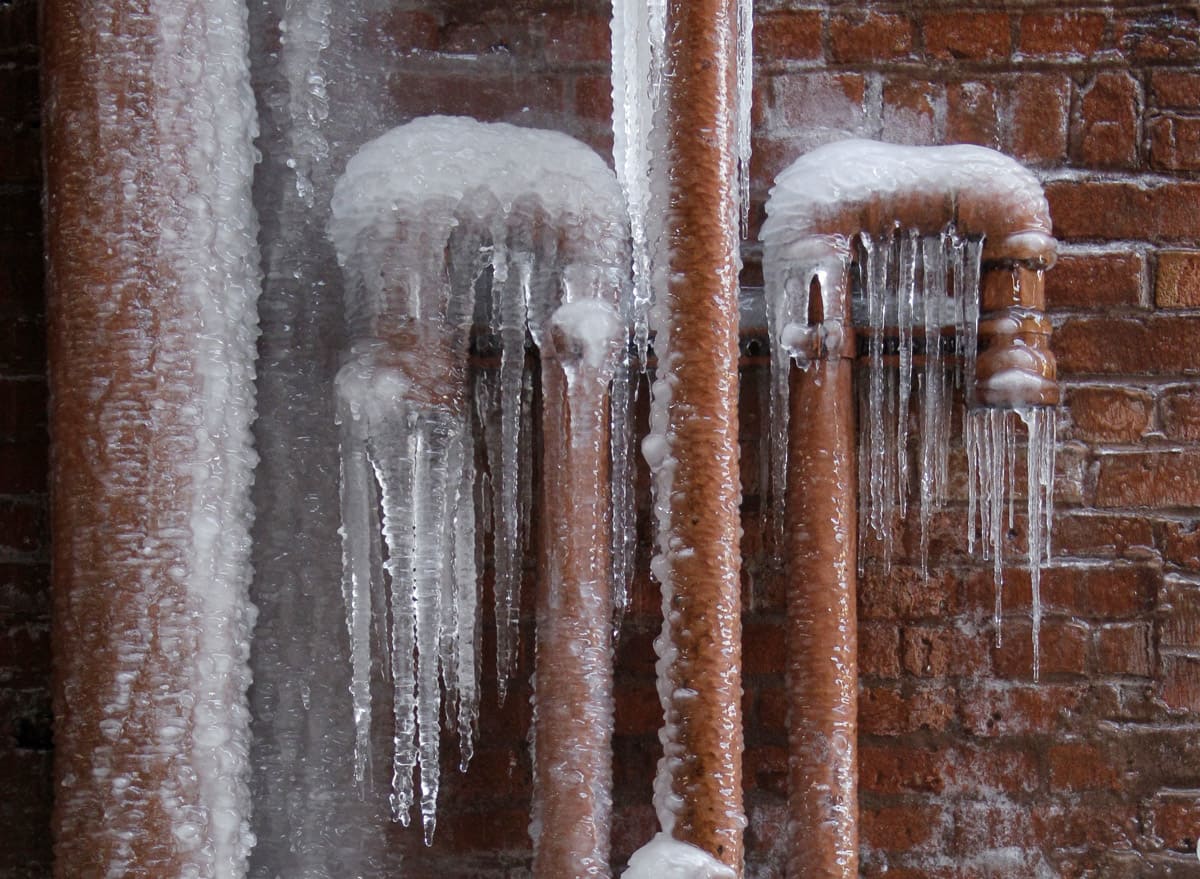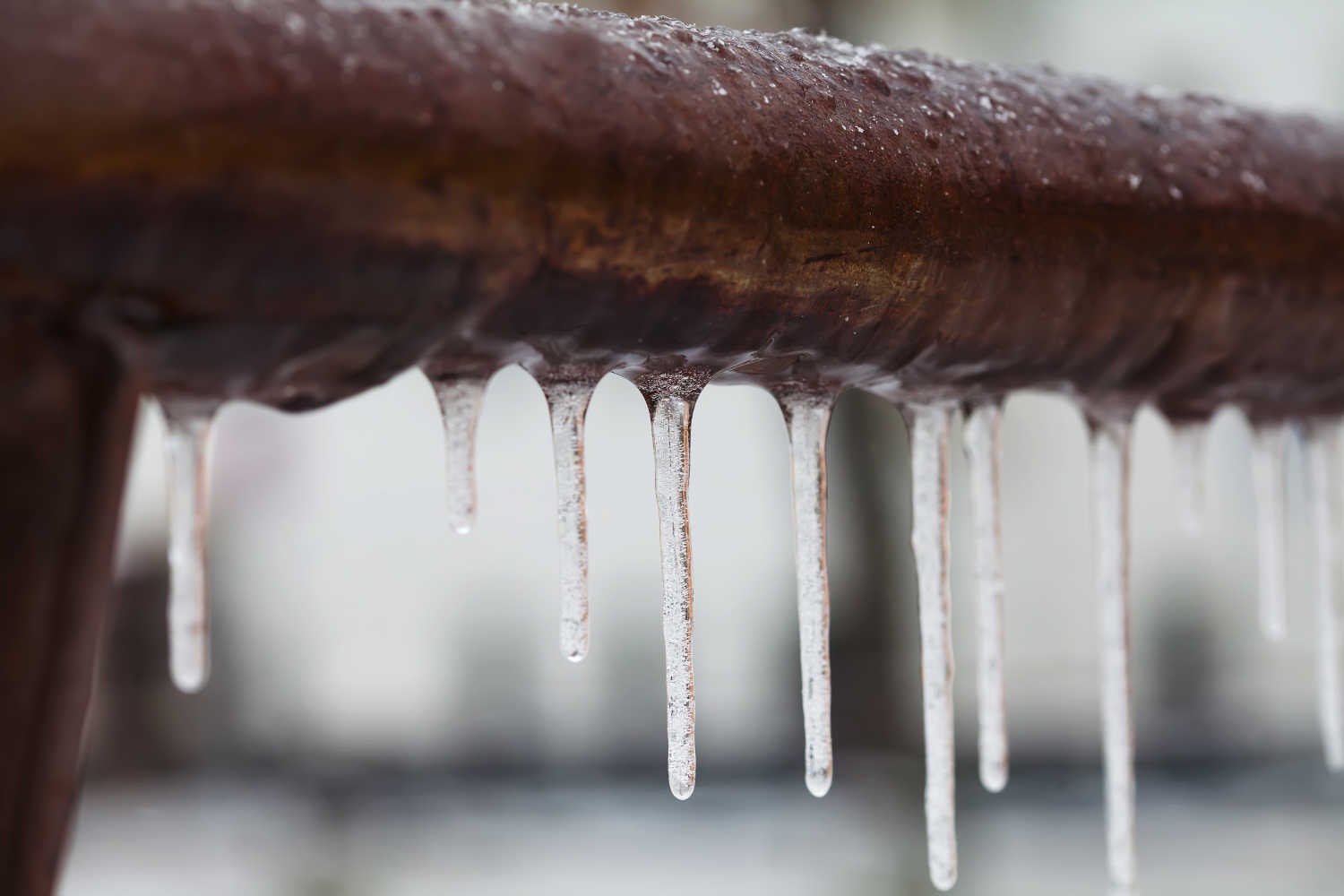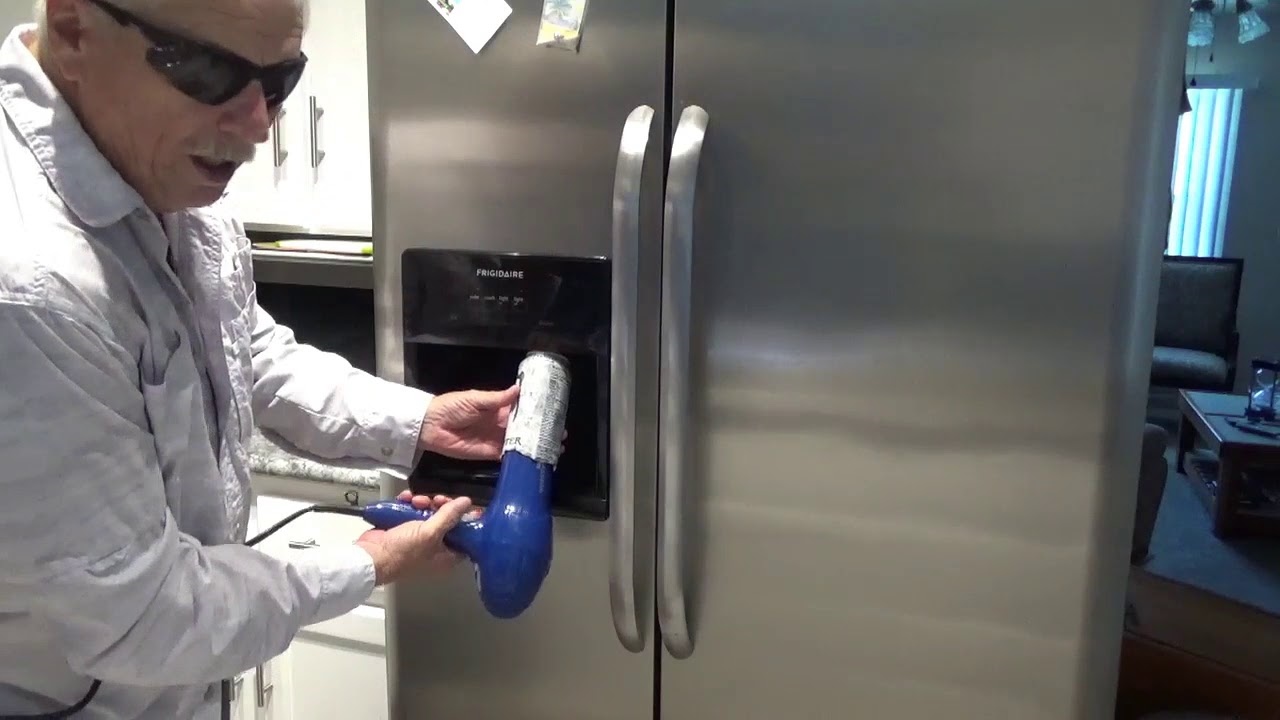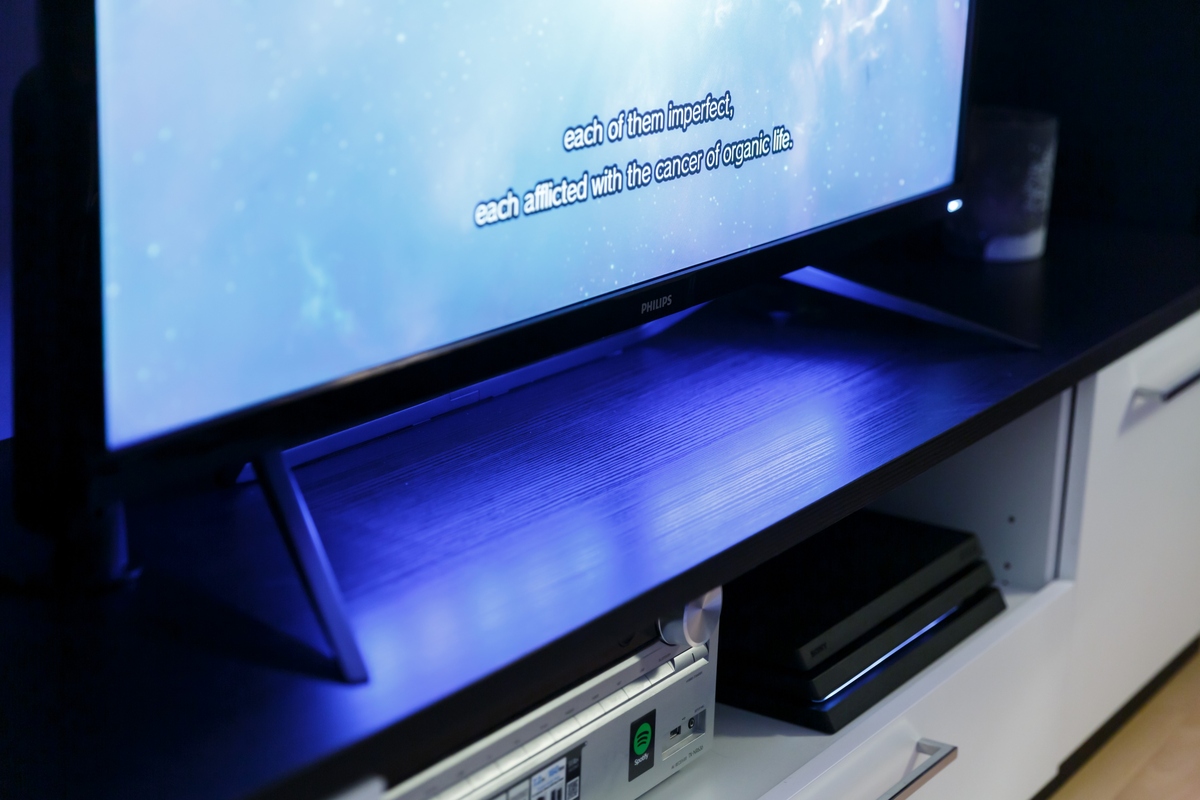Home>Home Maintenance>How Do I Keep My Air Conditioner From Freezing Up?
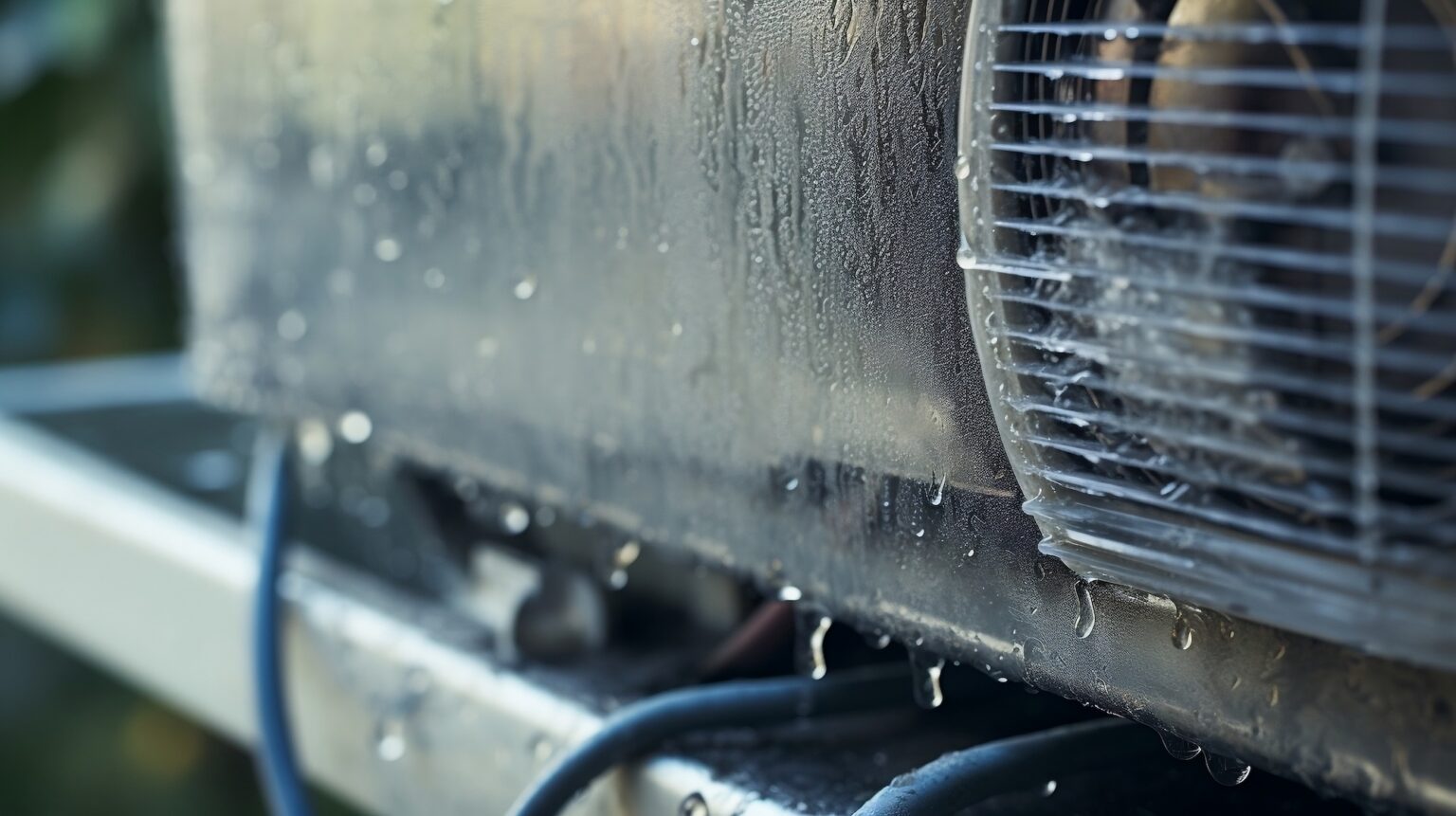

Home Maintenance
How Do I Keep My Air Conditioner From Freezing Up?
Modified: October 28, 2024
Learn how to prevent your air conditioner from freezing up with these helpful home maintenance tips. Keep your AC running smoothly and avoid costly repairs.
(Many of the links in this article redirect to a specific reviewed product. Your purchase of these products through affiliate links helps to generate commission for Storables.com, at no extra cost. Learn more)
Introduction
Welcome to the ultimate guide on how to prevent your air conditioner from freezing up. As the hot summer months approach, it’s essential to keep your AC unit running smoothly and efficiently. One common issue that homeowners face is the freezing up of their air conditioning system. Not only does this disrupt the cooling process, but it can also lead to potential damage if not addressed promptly.
In this article, we will delve into the causes of air conditioner freezing, common symptoms to watch out for, and steps you can take to prevent this issue from occurring. By understanding the underlying reasons behind air conditioner freezing and implementing proper maintenance techniques, you can ensure that your cooling system remains in optimal condition throughout the summer.
Key Takeaways:
- Regular maintenance, like changing air filters and ensuring proper airflow, prevents air conditioner freezing. Professional inspections can identify potential issues before they lead to a frozen unit, ensuring efficient cooling all summer.
- Signs like lack of cooling, strange odors, or unusual noises indicate your air conditioner may need professional repair. Timely attention prevents further damage and ensures a comfortable home environment.
Understanding the Causes of Air Conditioner Freezing
Before diving into prevention methods, it’s crucial to understand why your air conditioner may be freezing up. Several factors can contribute to this problem, including:
- Lack of Proper Airflow: Insufficient airflow is one of the primary causes of air conditioner freezing. When there is restricted airflow over the evaporator coil, moisture in the air condenses and freezes on the coils, forming ice.
- Dirty Air Filters: Clogged or dirty air filters can obstruct airflow, causing the evaporator coils to become colder than normal. As a result, condensation on the coils can freeze and lead to a frozen air conditioner.
- Lack of Refrigerant: Air conditioners rely on refrigerant to cool the air. If your system has a refrigerant leak or is low on refrigerant, the evaporator coil can get too cold and freeze up.
- Faulty Thermostat: A malfunctioning thermostat may cause the air conditioner to run excessively, leading to the evaporator coil becoming too cold and freezing up.
- Blocked Condensate Drain Line: A clogged condensate drain line can cause water to back up and freeze on the coils, resulting in a frozen air conditioner.
- Improper System Sizing: If your air conditioner is oversized for your space, it may cool the air too quickly, causing the evaporator coil to become excessively cold and freeze up.
Understanding these causes can help you identify potential issues and take the necessary steps to prevent your air conditioner from freezing up.
Common Symptoms of a Frozen Air Conditioner
Identifying the signs of a frozen air conditioner is essential to address the issue promptly. If you notice any of the following symptoms, it’s likely that your air conditioner is frozen:
- Lack of Cool Air: One of the most obvious signs of a frozen air conditioner is that it fails to blow out cool air. Instead, the air being circulated may feel warm or lukewarm.
- Reduced Airflow: When the evaporator coil is covered in ice, airflow becomes restricted. As a result, you may notice a significant reduction in the amount of air coming out of your vents.
- Ice Buildup: Take a look at your indoor unit. If you spot ice or frost on the coils or any other components, it’s a clear indication that your air conditioner is frozen.
- Water Leaks: When the ice on the evaporator coil starts to melt, it can create excess water that may leak from your air conditioning unit or cause water damage in the surrounding area.
- Unusual Sounds: If your air conditioner is frozen, it may produce unusual sounds. This can include hissing, bubbling, or gurgling noises, indicating the presence of ice or water inside the system.
- Higher Energy Bills: If your air conditioner is struggling to function due to freezing, it may result in increased energy consumption. Keep an eye on your energy bills, as a sudden spike could be indicative of a frozen air conditioner.
If you notice any of these symptoms, it’s important to take immediate action to prevent further damage to your air conditioning system and ensure optimal cooling.
Steps to Prevent Air Conditioner Freezing
Preventing your air conditioner from freezing up requires regular maintenance and proactive measures. Here are some steps you can take to prevent this issue:
- Change or Clean Air Filters: Regularly inspect and clean or replace your air filters every 1-3 months. This helps ensure proper airflow and prevents debris from accumulating on the evaporator coil.
- Maintain Proper Airflow: Keep vents and registers unobstructed by furniture, drapes, or other objects. Make sure the supply and return vents are open and not blocked to promote proper airflow throughout the system.
- Check and Clean the Evaporator Coil: Inspect your evaporator coil annually and clean it if necessary. Dust and dirt accumulation can hinder heat transfer, leading to freezing. Use a soft brush or a vacuum cleaner to remove any debris gently.
- Ensure the Condensate Drain Line is Clear: Regularly inspect and clean the condensate drain line to prevent clogs and backups. Use a mixture of water and vinegar to flush any debris or algae growth that may cause blockages.
- Invest in Regular Professional Maintenance: Schedule annual maintenance with a qualified HVAC technician. They can inspect your system, perform necessary cleanings and adjustments, and identify any potential issues before they lead to a frozen air conditioner.
- Check Refrigerant Levels: Have a professional technician check your refrigerant levels regularly. If there’s a leak or low refrigerant, they can identify and address the issue to prevent freezing.
- Upgrade to a Programmable Thermostat: Consider upgrading to a programmable thermostat that allows you to set temperature schedules and prevent your air conditioner from running excessively, reducing the risk of freezing.
- Maintain Proper System Size: Ensure that your air conditioner is properly sized for your space. A professional can help determine if your system is appropriately sized and make any necessary adjustments.
By following these preventive measures, you can minimize the chances of your air conditioner freezing up and enjoy consistent and efficient cooling throughout the summer.
To prevent your air conditioner from freezing up, make sure to regularly change the air filters, keep the coils clean, and maintain proper airflow by keeping vents and registers open.
Regular Air Conditioner Maintenance
In addition to the preventive steps mentioned earlier, regular maintenance is crucial to keep your air conditioner in optimal condition and prevent freezing. Here are some maintenance tasks to incorporate into your routine:
- Clean the Outdoor Unit: Clear any debris, leaves, or dirt from the outdoor unit. Ensure that the unit has proper airflow and is not obstructed by plants, shrubs, or any other objects.
- Inspect and Clean the Condenser Coils: Over time, the condenser coils can accumulate dirt and debris, affecting the efficiency of your system. Use a soft brush or a fin comb to gently clean the coils, or consider professional cleaning.
- Inspect the Fan Blades: Check the fan blades for any signs of damage or excessive dirt buildup. Clean the blades and ensure they are balanced to avoid strain on the motor.
- Lubricate Moving Parts: Lubricate the motor and other moving parts of your air conditioner, following the manufacturer’s instructions. This helps reduce friction and ensures smooth operation.
- Check Electrical Connections: Examine the electrical connections and wiring for any signs of wear or damage. Loose connections can cause your air conditioner to malfunction or stop working altogether.
- Test the Thermostat: Ensure that your thermostat is calibrated correctly and accurately reflects the temperature in your home. If there are any issues, consider replacing or recalibrating the thermostat.
- Monitor Performance and Energy Consumption: Regularly observe the performance of your air conditioner. Pay attention to any changes in cooling efficiency or unusual sounds. Additionally, keep track of your energy bills to identify any sudden spikes, which could indicate a problem.
If you’re unsure about performing any of these maintenance tasks yourself, it’s recommended to seek professional assistance. Regular maintenance not only prevents air conditioner freezing but also extends the lifespan of your system, ensures energy efficiency, and improves indoor air quality.
Signs That Your Air Conditioner May Need Repair
While regular maintenance goes a long way in preventing issues, there are times when your air conditioner may require professional repair. Here are some signs to watch out for:
- Lack of Cooling: If your air conditioner is blowing warm or hot air or is unable to cool your home effectively, it may indicate a problem with the refrigerant levels, compressor, or other components.
- Inconsistent Temperatures: Noticeable temperature differences between rooms or areas of your home may suggest an issue with the distribution of cool air, such as a faulty duct system or motorized damper.
- Strange Odors: Unpleasant or musty smells coming from your air conditioning vents could indicate mold or mildew growth, which requires immediate attention to prevent health hazards.
- Unusual Noises: While some noise is expected during operation, loud grinding, squealing, or banging sounds may signal a problem with the fan motor, compressor, or other components.
- Frequent Cycling: If your air conditioner constantly turns on and off without effectively cooling your home, it may indicate a problem with the thermostat, sensor, or other electrical components.
- Increased Humidity: High humidity levels indoors, even when the air conditioner is running, might suggest a problem with the system’s dehumidification capabilities.
- Water Leaks: Excessive condensation or water leakage around your indoor unit or along the refrigerant lines could indicate a problem with the condensate drain line or a refrigerant leak.
- Tripped Breakers or Blown Fuses: Constantly tripping breakers or blown fuses when your air conditioner is running may indicate an underlying electrical issue that requires professional attention.
If you notice any of these signs, it’s important to contact a qualified HVAC technician to inspect and diagnose the problem. Attempting to repair the air conditioner yourself could lead to further damage or void the manufacturer’s warranty.
Remember, timely repair and maintenance not only prevent freeze-ups but also ensure the efficient and reliable performance of your air conditioning system, keeping your home cool and comfortable during the hottest months of the year.
Conclusion
Keeping your air conditioner from freezing up is crucial for maintaining a comfortable and cool home during the hot summer months. By understanding the causes of air conditioner freezing, recognizing the common symptoms, and taking proactive steps to prevent the issue, you can ensure that your cooling system operates efficiently and effectively.
Regular maintenance, such as changing air filters, ensuring proper airflow, and cleaning the evaporator coil, is essential in preventing air conditioner freezing. Additionally, scheduling professional maintenance and inspections can help identify potential problems and address them before they result in a frozen air conditioner.
However, it’s important to be aware of signs that indicate your air conditioner may need repairs. Lack of cooling, strange odors, unusual noises, and water leaks are all indications that your system requires professional attention.
Remember, while these preventive measures and maintenance steps can significantly reduce the chances of your air conditioner freezing, it’s always wise to seek professional assistance if you encounter any issues. HVAC experts have the knowledge and expertise to diagnose and repair any problems, ensuring your air conditioner operates efficiently and effectively throughout the summer.
By following these guidelines, you can enjoy reliable cooling, energy efficiency, and a comfortable home environment all summer long, without the inconvenience and potential damage caused by a frozen air conditioner.
Frequently Asked Questions about How Do I Keep My Air Conditioner From Freezing Up?
Was this page helpful?
At Storables.com, we guarantee accurate and reliable information. Our content, validated by Expert Board Contributors, is crafted following stringent Editorial Policies. We're committed to providing you with well-researched, expert-backed insights for all your informational needs.
